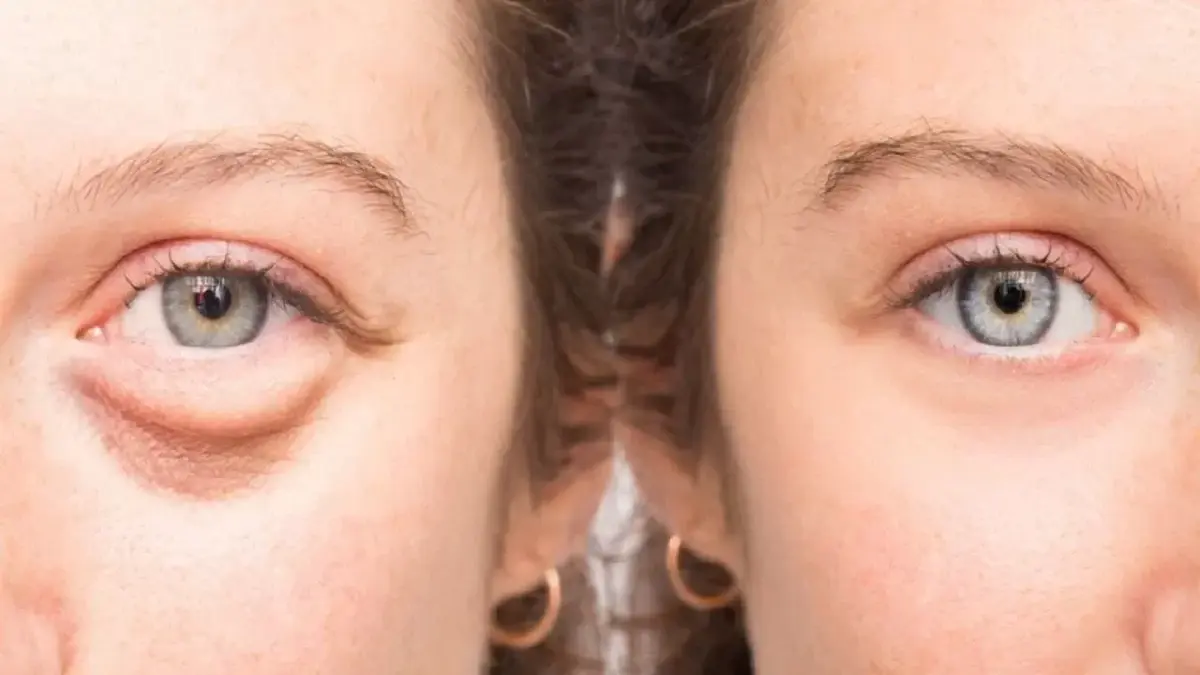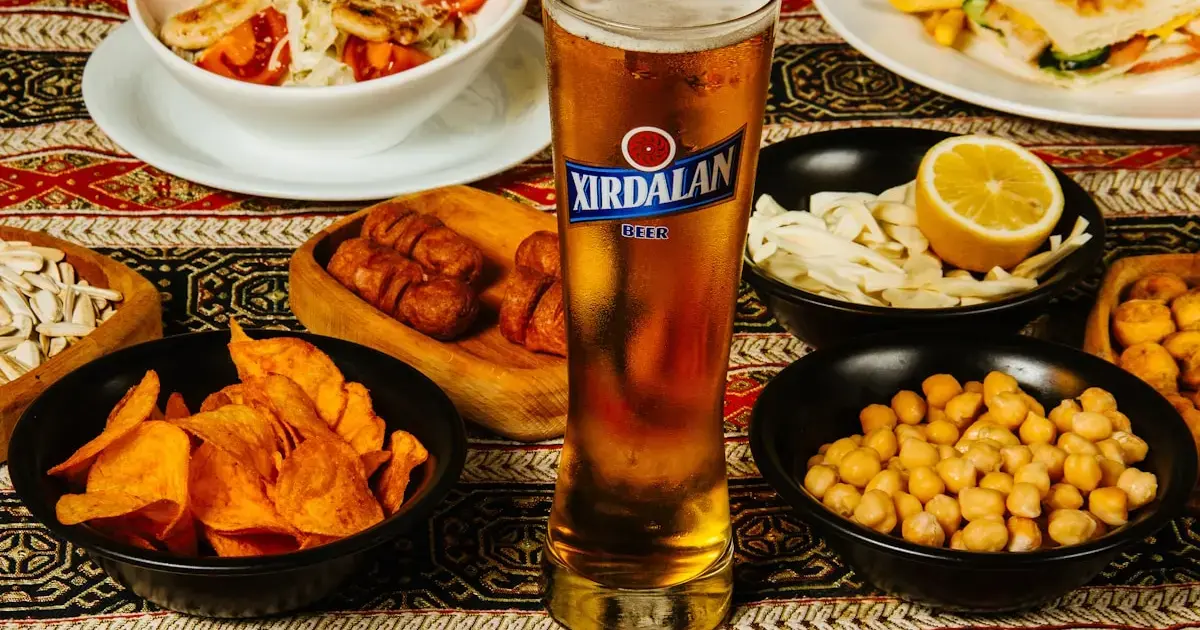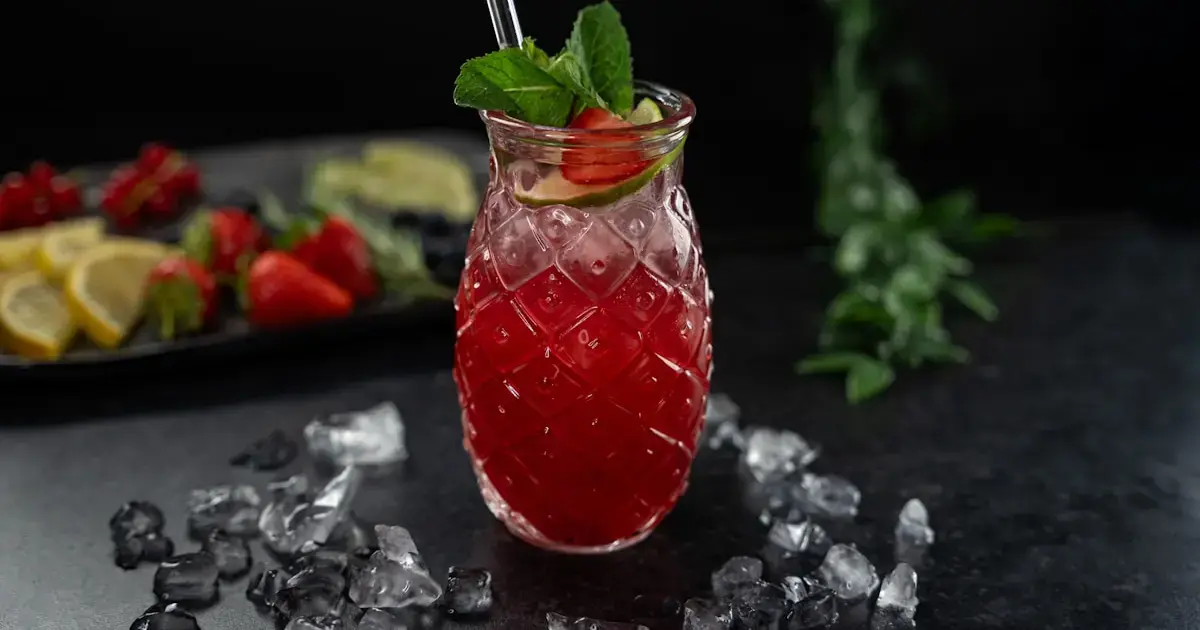 Doctors explain that swelling in the face and legs during this time of year is due to high temperatures causing blood vessels to expand and become more permeable, leading to water leaking into surrounding tissues. Excessive heat disrupts the normal functioning of the lymphatic system, which is responsible for draining fluid from tissues and returning it to the bloodstream. As a result, the body may swell in the morning after a hot night. The causes of swelling related to irregular changes in blood vessels are often linked to dietary habits. Fortunately, the remedy for swelling can also be found in food.
Doctors explain that swelling in the face and legs during this time of year is due to high temperatures causing blood vessels to expand and become more permeable, leading to water leaking into surrounding tissues. Excessive heat disrupts the normal functioning of the lymphatic system, which is responsible for draining fluid from tissues and returning it to the bloodstream. As a result, the body may swell in the morning after a hot night. The causes of swelling related to irregular changes in blood vessels are often linked to dietary habits. Fortunately, the remedy for swelling can also be found in food.
Which Foods Cause Water Retention
The primary culprit behind excessive fluid accumulation in tissues is salty food consumed at night. Chemically, salt is a compound of sodium and chloride (NaCl). When sodium binds with water in the body, it helps maintain fluid balance both inside and outside cells. However, studies have shown that increased sodium intake leads to greater fluid retention in the body.
Even if we think we’re not over-salting our meals, nutritionists point out that some processed foods can trigger swelling due to their high salt content. Examples of these culprits include canned goods, baked products, and hard cheeses. Relying on processed foods, which are the largest dietary source of sodium, is not advisable.
It’s also important to avoid refined carbohydrates: their consumption leads to spikes in and a sharp increase in insulin levels. High insulin levels cause the body to retain more sodium, increasing sodium reabsorption in the kidneys, which results in water retention. Examples of refined carbohydrates include white flour, , sugar, pastries, sweet baked goods, sugary cereals, and soft drinks.
What Causes Swelling:
- salty dishes;
- spicy foods;
- fatty foods;
- fast food;
- sweets;
- dairy products;
- alcohol.
To eliminate swelling, simply remove these “enemies of beauty” from your diet or significantly limit their intake. If there are no other causes for the swelling, cutting out these foods will positively impact your facial appearance and overall well-being, as under-eye puffiness is just the most visible sign of poor dietary habits. These habits can harm the body as a whole: in addition to the face, limbs and even internal organs can swell.

Foods to Prevent Swelling
On the flip side, there are foods that help prevent puffiness. To avoid swelling, consume foods rich in vitamin B6, potassium, and .
Foods That Prevent Swelling:
- watermelons;
- melons;
- citrus fruits;
- legumes;
- dried fruits;
- potatoes;
- garlic;
- fresh herbs;
- green tea.
Simple life hacks can help tackle the problem of swelling, many of which are not widely known.
Life Hack 1: Magnesium
To reduce water retention, increase your magnesium intake. This essential mineral is involved in over 300 enzymatic reactions that regulate bodily functions.
Sources:
- leafy greens;
- whole grains;
- nuts;
- dark chocolate.
Researchers have found that 200 mg of magnesium per day can resolve water retention issues in women experiencing premenstrual syndrome symptoms.
Life Hack 2: Vitamin B6
To reduce water retention, increase your vitamin B6 intake.
Sources:
- bananas;
- walnuts;
- potatoes;
- meat.
Life Hack 3: Potassium
This element is beneficial not only for heart function: it reduces sodium levels and increases urine production.
Sources:
- tomatoes;
- bananas;
- avocados.
Life Hack 4: Dandelion
This herb is traditionally used in folk medicine as a diuretic. The natural components of dandelion help reduce water retention by increasing its elimination from the body. Therefore, if you’re prone to swelling, consider drinking dandelion tea.
Life Hack 5: Water
Paradoxically, increasing your water intake can actually reduce water retention.
Cranberry juice can help with swelling (its diuretic properties are due to the presence of organic acids, as well as its ability to strengthen blood vessel walls and thus reduce their permeability), (a diuretic), as well as physical activity (walking is an effective preventive measure against fluid accumulation in the body) and sleep (aim for at least 7 hours of sleep to avoid stress).

Signs of Swelling
You can recognize water retention not only by swelling.
Symptoms of Water Retention:
- swelling in the face;
- swollen limbs;
- abdominal bloating;
- muscle pain;
- shortness of breath;
- sudden changes in mental state.
Swelling can be caused by both temporary factors (hormonal changes, prolonged sitting, salty food) and chronic health issues (lymphatic system diseases, allergic reactions, kidney and heart failure). Fluid retention is often triggered by high blood pressure, which increases the load on capillaries.
Causes of Swelling:
- blocked lymphatic channels;
- high or low blood pressure;
- certain medications;
- hormonal changes during women’s “critical days” and pregnancy;
- heat combined with exhaustion;
- sedentary lifestyle;
- allergies to insect bites or food;
- consuming salty food at night.
If changes in diet and lifestyle do not help reduce water retention, under-eye swelling may be a symptom of kidney disease or heart failure. It’s essential to consult a doctor for a proper diagnosis, as the causes of swelling extend beyond the factors mentioned.
Photo: Unsplash
